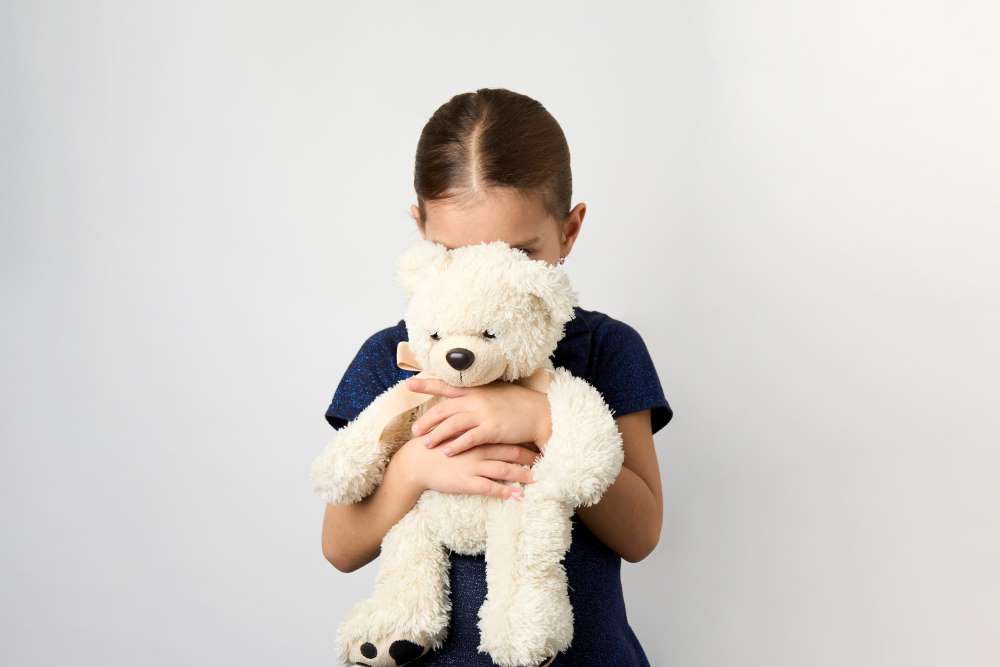
No one plans for divorce, but it's an unfortunate truth of life. Unfortunately, a broken family's pain and stress can be challenging for children. If you're going through a divorce or are considering it, you may be concerned about how your child will cope with all the changes. It's essential to do what you can to ensure your child feels supported and secure during this change. Here are seven tips on how to help your child cope with the divorce.
-
Talk Openly and Honestly
It is paramount for parents to communicate openly and honestly with their children about divorce so that they can feel safe expressing their thoughts, feelings, and concerns. Being honest should also be made a priority because it shows children that it is okay to talk about the issue. Parents should try their best to answer any questions their children may have and to provide an environment free of judgment or criticism where they can feel comfortable discussing how they are coping. This can help them manage stress and uncover any issues impacting their emotional well-being. Placing blame on either parent should be avoided, as this will only result in confusion and guilt. The focus, instead, should be on continuing to provide love and support without fail.
-
Respect Your Child's Privacy
Your child should never feel obligated or pressured to share information about their family or the divorce process with anyone else. Respect your child's privacy and encourage them to talk to whoever they feel comfortable with about their feelings and thoughts on the divorce, whether that be a friend, teacher, counselor, or family member. Ask your child before you share any information about them with others related to the divorce. This will help ensure they're comfortable and not feeling violated or exposed. Don't take it personally if your child is not open to talking. Give them time and space to process the divorce and the changes it has brought.
-
Seek Professional Help
It's important to be aware of changes in your child's behavior or attitude during and after the divorce process. If you notice that they are struggling, consider seeking professional help from a therapist or counselor. An intensive trauma therapy program can be beneficial in helping them to process and cope with the changes that come with divorce. Additionally, family therapy can help you and your child adjust to the new family dynamics and foster healthy communication between all family members. Professional help can also benefit parents struggling with the emotions associated with divorce and guide them on how best to support their children.
-
Maintain Consistency
Divorce can cause chaos in a child's life, so creating as much consistency as possible during this time is essential. Try to keep their daily schedule and routine as normal as you can. If they need to change schools or move, do your best to make the transition as smooth as possible. Please encourage them to continue participating in activities they enjoy, such as sports or clubs, and spend time with their friends. It may help to talk through any changes that have occurred so they can understand why things are different now. Maintain consistency in your parenting and relationship with your child. It will help them to feel secure and less overwhelmed by the changes.
-
Spend Quality Time Together
Spending quality time with your child is essential during this challenging period. This can be anything from playing board games, going to the park, or going out for ice cream. It's also important to set aside time for just talking and listening. This will help them feel seen and heard, which can provide comfort during this time. Be sure to focus on the changes brought about by the divorce and celebrate your child's achievements or successes. Taking some time out of each day to show your appreciation and love can go a long way in helping them feel secure.
-
Support Positive Relationships
Divorce doesn't mean that either parent's relationship with the other has to end completely. Supporting positive relationships between parents and new partners is vital for successful co-parenting post-divorce. It may take some adjustments from all parties involved. However, setting boundaries early on will help ensure that everyone remains respectful of each other's needs in co-parenting arrangements. Additionally, creating and maintaining a positive relationship between your child and their other parent will help promote healthy communication between the two households.
-
Be Patient and Understanding
Remain patient and understanding as your child works through their emotions. Allow them the time and space they need to express themselves without judgment. You may not always understand or agree with their feelings, but taking the time to listen can be incredibly valuable for your child. Additionally, it's important to remember that divorce can bring about a range of emotions, including sadness, anger, guilt, and confusion. Recognize that these are all natural responses to such a major life change, and don't try to suppress them, encourage your child to talk about their emotions.
Going through a divorce can be a challenging experience, especially for children. It's important to remember that adjusting to a new family dynamic may take some time and will likely bring up a range of emotions. Taking the steps outlined above can help make this transition easier for your child and foster healthy communication between all parties involved.



























